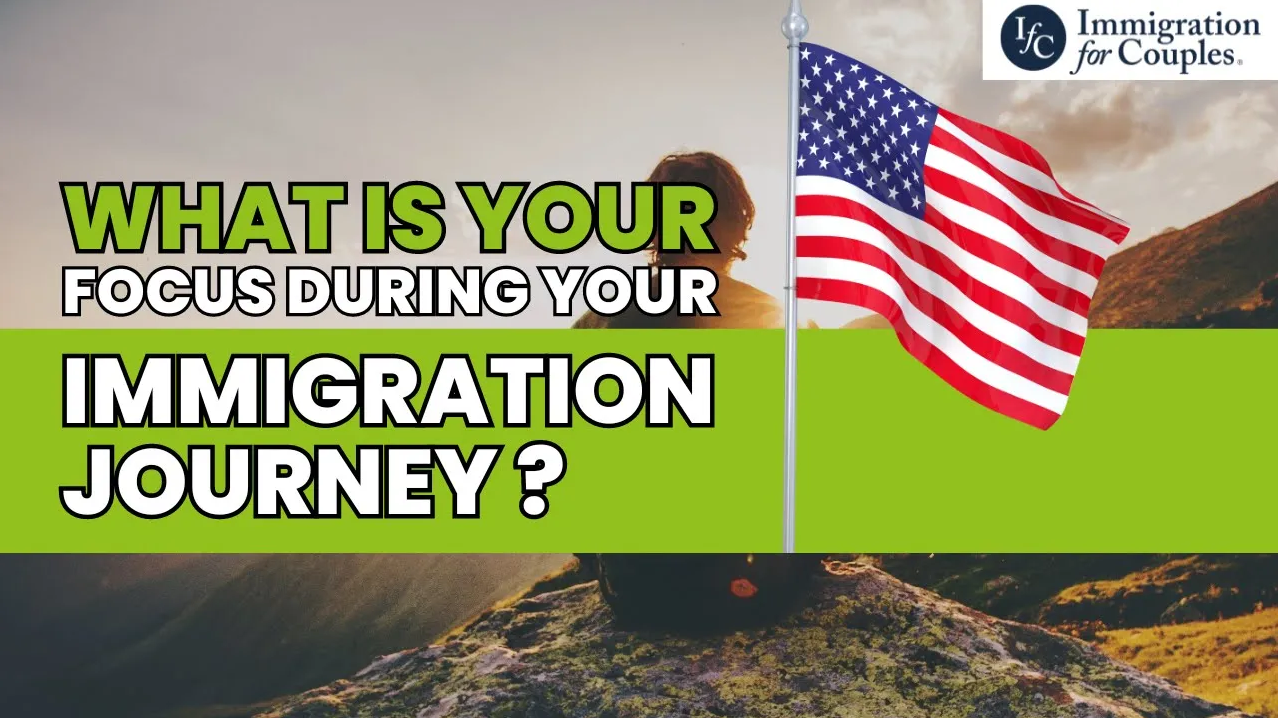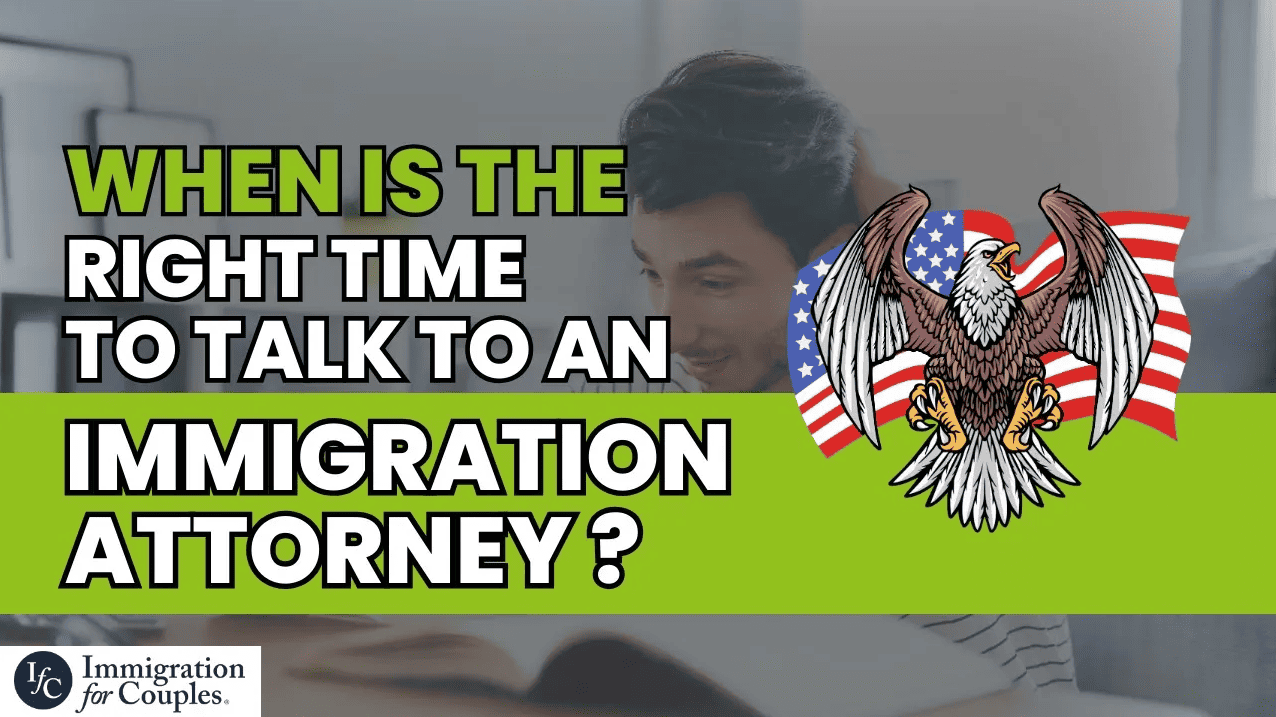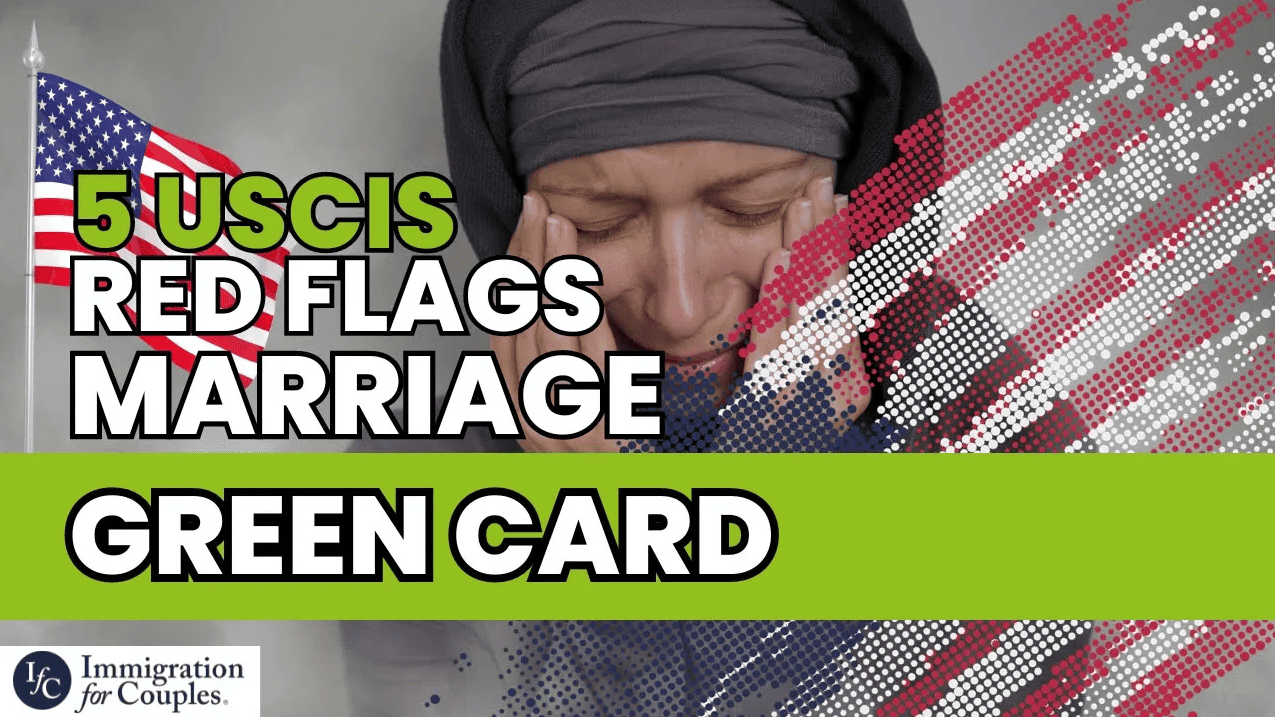If you’re at the National Visa Center phase of your case, there’s a whole new list of documents that you’ll need to collect. What documents do you need and is there a standard list? It depends on the country where your interview will occur and on the specifics of your case.
Here at Immigration for Couples, we are dedicated to helping couples so we’ll just focus on spouse visas. There are other cases where the National Visa Center plays a role but in spouse visa cases, that is when a United States citizen is petitioning their spouse who lives in another country for their spouse to be able to receive a green card and enter the United States. In that first step, you file a petition with immigration to show immigration that you have a real relationship.
Once that petition is approved, the next step is a consular or embassy interview at a US embassy or consulate abroad. The National Visa Center’s role is essentially to collect copies of all of your required documents to make sure that you have everything that is needed so when you go to your US embassy or consular interview, immigration knows you have all of the required documents.
Read More: NVC Role – K1 Visa
The documents required are dependent on your immigration history, the specifics of your case, and the country where your interview will occur.
Once your I-130 application or petition is approved, you’ll receive a notice from the National Visa Center called an NVC case creation notice and it will give you instructions to begin completing your online application in collecting the required documents. If you’d like to know what documents are required and you want to work ahead, you can go to the National Visa Center website. You’ll be able to find a general list of the required documents if you’re wanting to work ahead.
A few examples of what it means by it depends is if you’ve been previously married, you would need a divorce certificate or perhaps a death certificate to show that that prior relationship had ended. That would be a unique circumstance or a document that might not be needed in all cases if that’s not applicable.
Another thing to pay attention to is if you have lived in multiple countries. In any country where you have lived for more than six months after the age of 16, you would have to obtain a police clearance certificate. There’s a detailed chart but that would be something that has to be based on your particular situation, what places that you have lived, what other countries you have lived, and what police clearance letters you would need.





